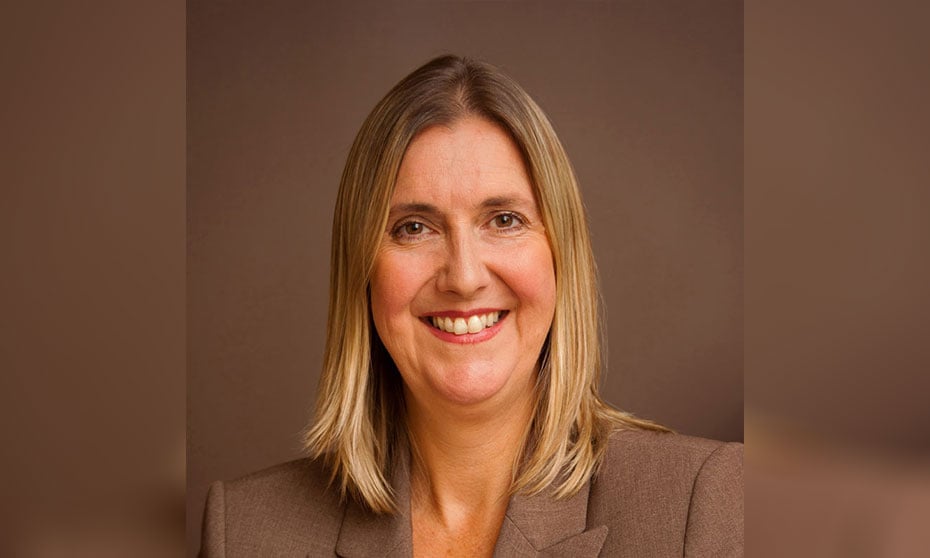
Distinguishes joint litigation experts

Starting this week, family lawyers will have new rules regarding expert evidence, and some new definitions in the Courts of Justice Act’s family law rules.
Frankie Wood, a Peel-region partner at Wood Gold LLP, says that because expert evidence is commonly used in family law, all family lawyers should take notice of the new rules.
“One of the issues that has been occurring in family law, is there has been a little bit of erosion of the formalities in the requirements for expert reports,” she says. “I think there was a real need to nail that down and say, ‘Look, this is what we need from an expert — this is what it is, and this is what it isn’t.’ Too often we get casual letters — that’s not an expert report.”
The Law Society of Ontario advised lawyers that effective Sept. 1, custody or access claims under the Divorce Act or the Children’s Law Reform Act now require joint litigation experts, and the courts will also start considering whether a preliminary examination of expert opinion evidence is needed for admissibility in child protection cases.
The new regulations also shed light on expert witness reports, defining “joint litigation experts,” “litigation experts” and “participant experts.” A joint litigation expert provides evidence for two or more parties, while a participant expert “is not engaged to provide expert opinion evidence for the purposes of litigation,” but “provides expert opinion evidence based on the exercise of his or her skills, knowledge, training or experience while observing or participating in the events at issue,” says rule 20.2.
The issue of how to handle these different types of experts comes up often, says Wood, and by spelling out the definitions in the rules, it will also help self-represented litigants. Research done in 2012 and used by the Department of Justice estimates that between 40 per cent and 57 per cent of parties are self-represented when they appear in court for family law issues.
For example, the rules allow the court to appoint experts, which may be more helpful for self-represented litigants than lawyers who are familiar with the process, says Wood. The rules also list six requirements for expert reports: the expert’s name, address and area of expertise; the expert’s employment and educational experiences in his or her area of expertise; the nature of the opinion being sought and each issue in the case to which the opinion relates; the instructions provided to the expert; the expert’s opinion on each issue; and the expert’s reasons for his or her opinion.
“Now whenever you retain an expert, you will have to send them a copy of these rules so they know exactly what they need to put in their reports,” says Wood.
One area of the rules which may cause uncertainty, says Wood, is a requirement for experts to describe how a person’s “gender, socio-economic status, culture or race” may have affected test results. She says that requirement might not be straightforward in some common tests — such as a valuation of the matrimonial home — but it is a laudable goal to create a more fulsome evaluation of test results.
Joint litigation experts were already used in many custody or access proceedings, Wood says. But one difference under the revised rules is that parties may not always get to retain their own expert if they don’t like what the joint expert has to say.
“It would be rare for there to be two [experts], but it did happen,” she says. “This nails that down, that we’re not going to do that — there’s just going to be one joint expert for custody and access issues. Frankly, I think that’s probably a good thing. Custody and access assessments are really expensive, and I don’t really see much merit on people spending a ton of money on two separate reports.”
Lawyers should pay special attention to a rule that a party who wishes to call a participant expert as a witness at trial must serve notice at least six days before the settlement conference, says Wood.
“I’m of two minds about that. There a whole lot of files where I really wish I had an expert report from an opposing party much, much earlier in the game, because the chances to settle a file are often much higher. In a lot of cases, that’s going to be great,” she says.
“But expert reports are really, really expensive. Sometimes you look at a case and think, ‘Let’s just first see if we can settle this, because the parties aren’t that far apart or the issues aren’t that complex.’ Then if not, then we will spend the big dollars afterwards. That’s a decision that counsel have been making on a case-by case-basis . . . . now that discretion has been taken away.”